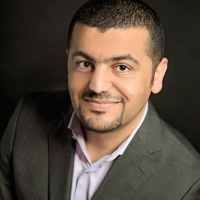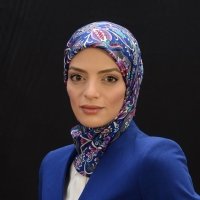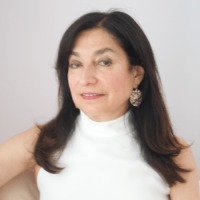Policing the Religious Message in MENA: Has it Worked and What are the Outcomes?
Submit a question
In 2021, the United Nations declared March 15 the International Day to Combat Islamophobia. Marking the occasion, the Secretary-General Antonio Guterres noted that rising hatred towards Muslims was part of a global trend towards ethno-nationalism. For decades, and particularly since the Arab uprisings of 2011-2012, countries in the Middle East and North Africa have struggled to balance democratic principles and religious beliefs.
This panel explored what religious freedom means to societies in MENA, and whether state authorities with vested interests in how religion is interpreted guarantee the rights of all citizens, even those at odds with their respective governments.
Selected Quotes
Geneive Abdo, Former Fellow at The Wilson Center:
"Across the Arab world, regimes are increasingly intervening in Islamic institutions, including religious ministries, universities, and mosques. This has been particularly true since the 2011 uprisings. The regimes [developed] very sophisticated techniques since the uprising to quash all opposition, particularly the opposition that was of religious nature."
Peter Mandaville, Senior Advisor on Religion & Inclusive Societies at the United States Institute of Peace:
"Today the political logic is about sending a message to China, Russia, and India that there’s a shared view of politicized religion as something that is problematic, particularly politicized Muslims that need to be regulated by the state… There is a lot of Russian outreach by the Kremlin that is coordinated with the Russian orthodox church that is framed more as traditional, family values. It allows Russia to reach out to audiences in the conservative Muslim world and say… ‘Russia is the global champion of family values.’”
Dalia Fahmy, Professor of Political Science at Long Island University:
"There is a difference between Islam as a lived experience – a personal experience – and Islam as articulated by social movements, such as the Muslim Brotherhood. Then, when they moved into politics and governance… And then what happens when Islamists in governance fail or are removed from office. There is an underlying current that is the use of religious language, but are we really still talking about Islam when we are looking at where it is in society and politics?"
Hassan Hassan, Founder and Editor-in-Chief of New Lines Magazine:
"We followed the rise of ideologies in Syria and the region, groups like Al Qaeda and ISIS. At the time, the framing was focused on how we underestimated and downplayed the role of ideologies all of those years. That there’s somehow so much appeal to identity and religion and that secularization and the western way of doing things are not effective in suppressing ideology. Now it seems like we are doing the opposite in underestimating the role of the state. There is the resurgence of the role of the state in controlling religion…"
Speakers



Moderator

Hosted By

Middle East Program
The Wilson Center’s Middle East Program serves as a crucial resource for the policymaking community and beyond, providing analyses and research that helps inform US foreign policymaking, stimulates public debate, and expands knowledge about issues in the wider Middle East and North Africa (MENA) region. Read more
